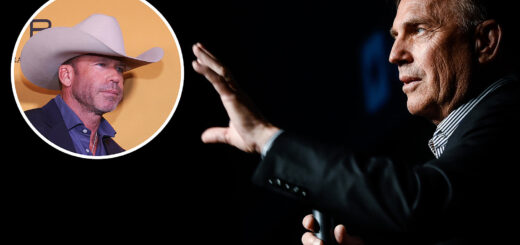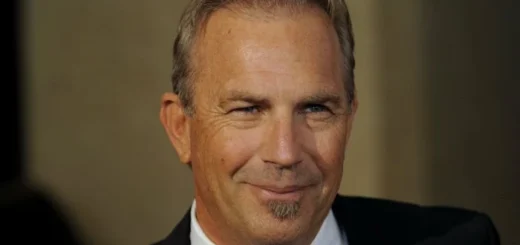Kevin Costner’s 83% RT Crime Movie Tried To Be a Gripping Mob Series — and Brutally Failed
Kevin Costner’s 83% RT Crime Hit Inspired a 1993 TV Reboot — But It Couldn’t Escape the Film’s Shadow
Brian De Palma’s 1987 crime classic The Untouchables took the name and premise of the 1959 television show—where Robert Stack played the unflinching Eliot Ness—and reimagined it as a gripping, stylized drama. The film became a hit both critically and commercially, now sitting at an impressive 83% on Rotten Tomatoes. With Kevin Costner as the straight-laced Ness, Robert De Niro as a menacing Al Capone, and Sean Connery in an Oscar-winning role as Malone (a character made specifically for the movie), The Untouchables delivered on every front.
But as often happens in Hollywood, success sparked imitation. In 1993, a new Untouchables television series launched in syndication, attempting to revive the brand by fusing elements of both the original show and the blockbuster film. Starring Tom Amandes as Ness and John Rhys-Davies as a reimagined Officer Malone, the series aimed to stretch the film’s plot into a weekly procedural format. It lasted just two seasons—and has since faded into obscurity.
The 1993 Reboot Tries to Blend Nostalgia with New Faces
Created by Christopher Crowe, the new series kept the core concept intact: Ness and his “untouchable” team taking on Al Capone and the Chicago underworld. William Forsythe stepped into De Niro’s formidable shoes as Capone, and week after week, Capone was at the center of whatever crime plagued the city.
From rescuing kidnapped sisters forced into prostitution to brokering deals with rival gangsters to stop Capone’s expansion, the show rarely deviated from its Capone-versus-Ness formula. In one episode, Ness even travels to Cuba in an effort to block a deal between Capone and the Cuban President. The stakes were high, but the storytelling often came off as repetitive and overly melodramatic.
Critics didn’t hold back. The Los Angeles Times famously advised viewers not to touch the premiere with a “10-foot pole,” accusing Amandes of trying too hard to replicate Costner’s clean-cut charm. Forsythe earned slightly more praise for bringing a colder edge to Capone, though he was inevitably compared to De Niro—usually unfavorably. The pilot’s flashbacks to Capone and Ness’ youth, including a bizarre scene where they lock eyes in a theater, were panned for their corniness. One review summed it up bluntly: “Untouchables Is Almost Unwatchable.”
Audiences Tuned In—But the Series Was Doomed by Design
Despite the negative reviews, the show managed to attract a respectable audience, even landing as the #2 first-run syndicated show during its debut season. Yet, by the second season, momentum had slowed. Critics called the show “boring,” and behind the scenes, it was clear the series had nowhere left to go.
The core problem? The 1993 Untouchables boxed itself in. It built its entire narrative around the slow-motion pursuit of Capone—a plotline the film executed in two tight hours. Stretching it over 42 episodes left the series feeling stale and without direction. By the time Capone was finally arrested, there was no clear path forward.
Compare that with the 1959 series, which opened after Capone was already behind bars. That gave the original show the flexibility to explore new threats each week, allowing Eliot Ness and his team to tackle a variety of gangsters rising to fill the power vacuum. It was that diversity that gave the original show longevity—something the ’93 reboot never achieved.
A Noble Effort That Was Doomed From the Start
Another factor working against the show was timing. Attempting to ride the wave of a film released six years earlier meant it had already missed the cultural peak of The Untouchables movie. And instead of embracing its cinematic roots, the show tried to distance itself—an odd move, considering the film’s legacy was still fresh and beloved.
In the end, The Untouchables (1993) was an ambitious but ultimately flawed attempt to recapture the magic of De Palma’s crime epic. It had the right name, the right premise, and even flashes of promise—but the success it hoped to match may have always been, fittingly, untouchable.


